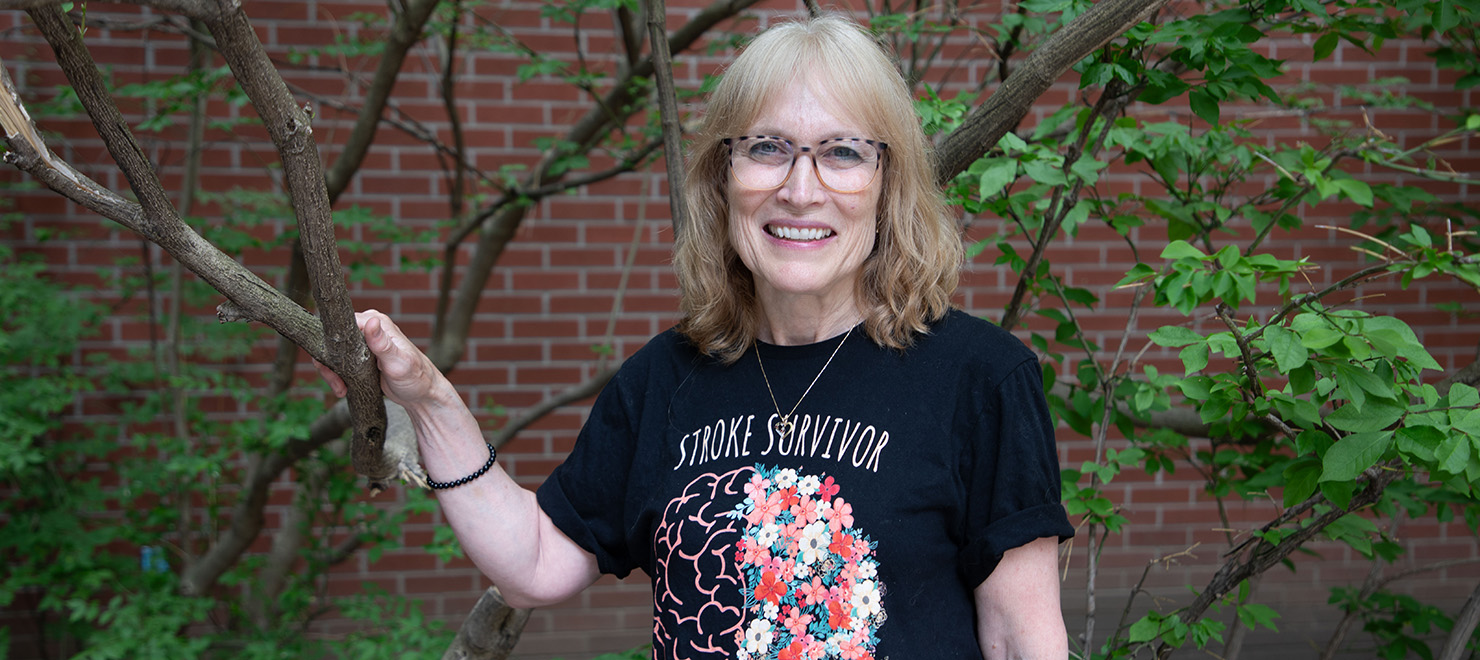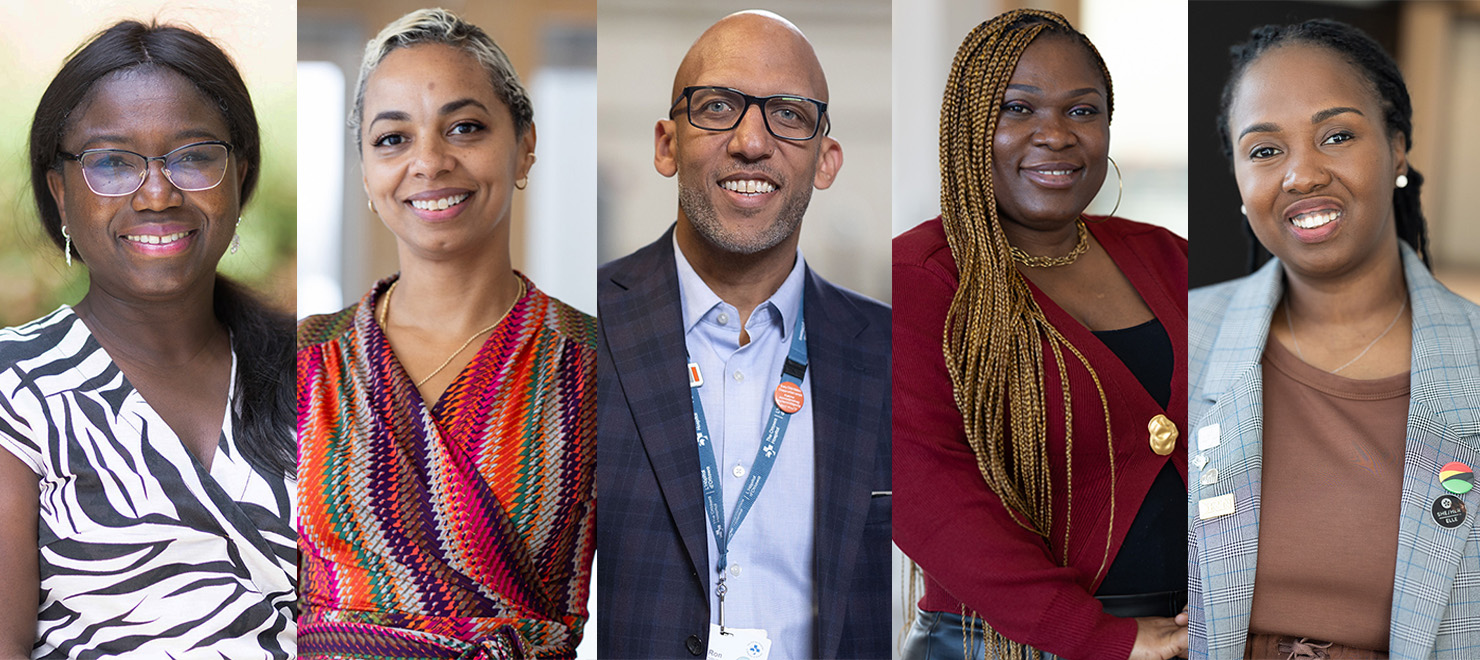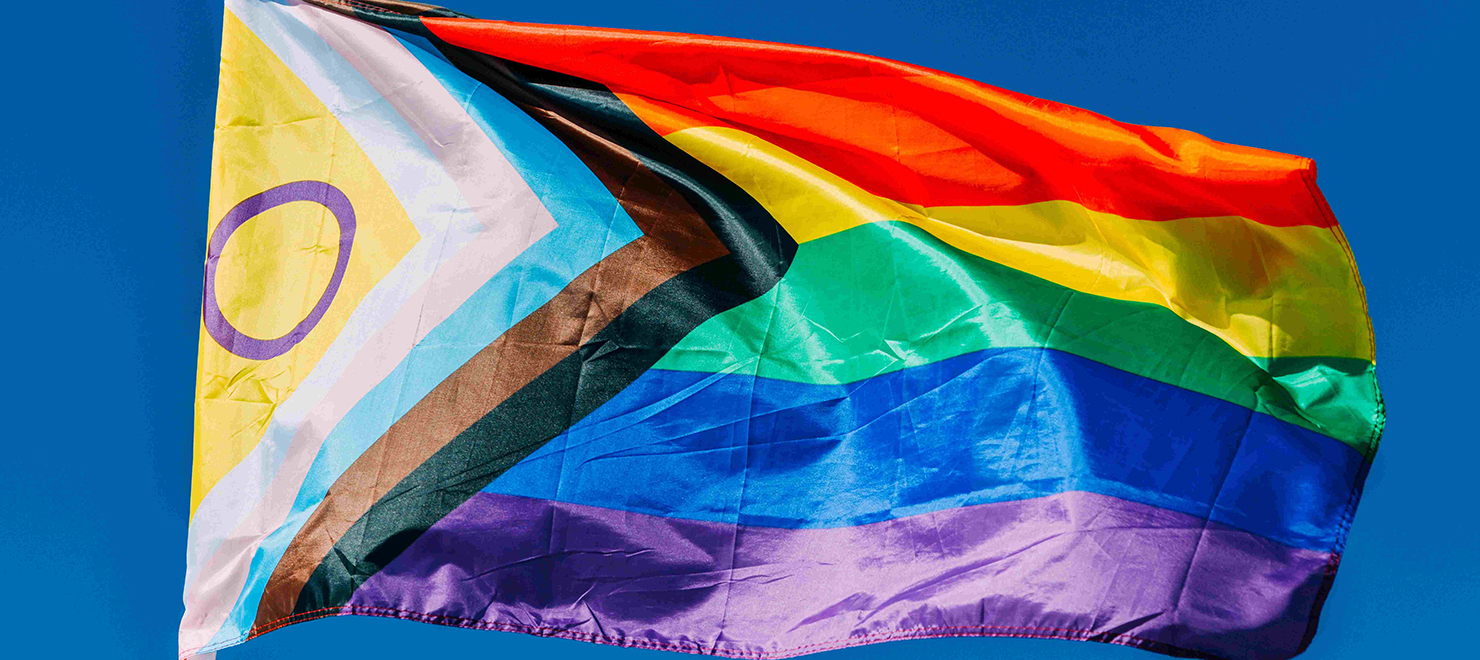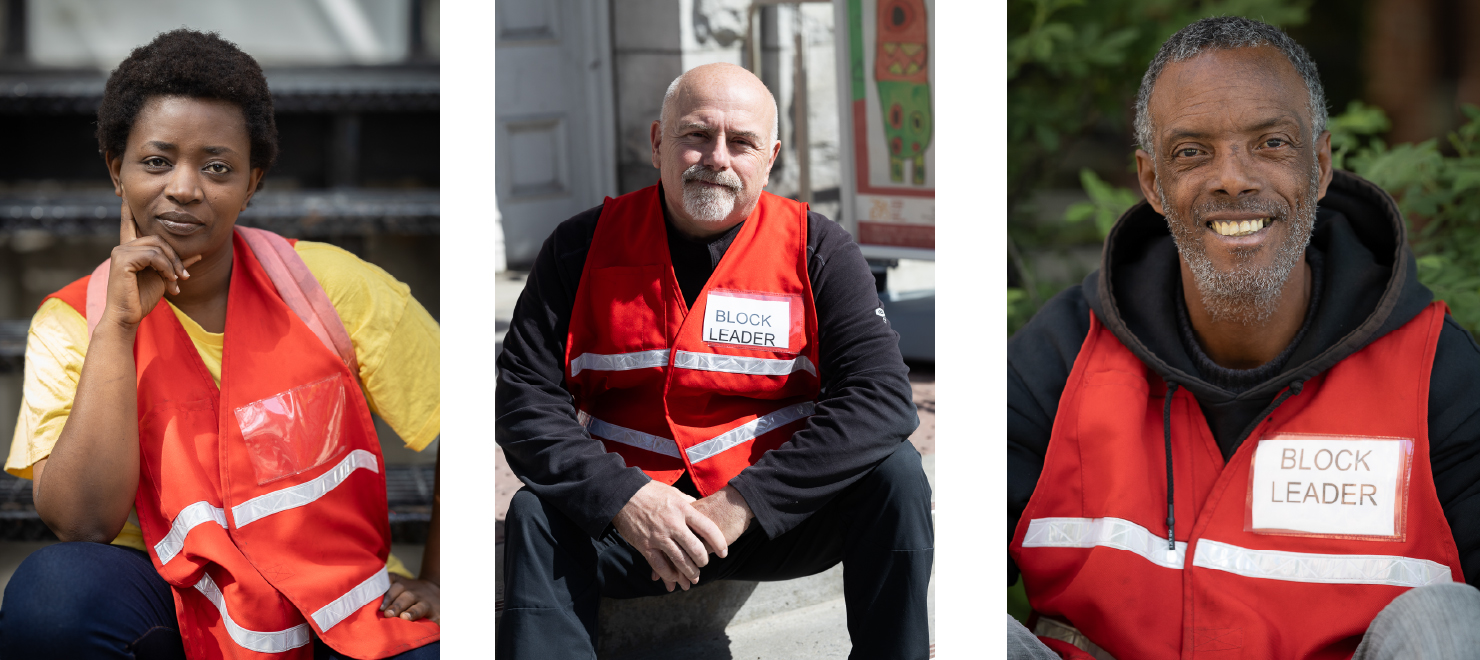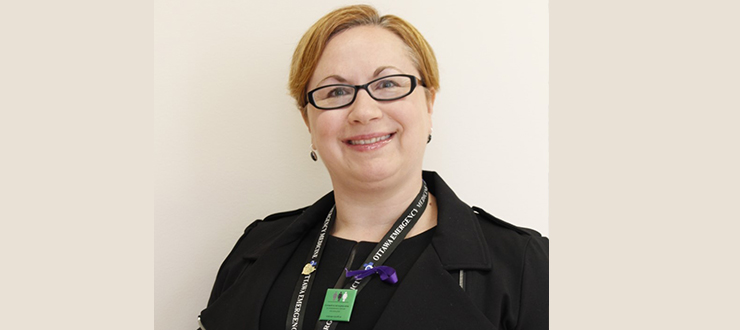
Dr. Kari Sampsel, Medical Director of the SAPACP, and others offer compassionate care to survivors of sexual assault.
When a sexual assault occurs, it can be hard for a survivor to know what to do or where to go. If they choose to go to The Ottawa Hospital, they will be met with compassionate care.
Survivors are encouraged to go to the Emergency Department as soon as they can after an assault. But coming forward can be difficult, and The Ottawa Hospital respects any choice that a person makes.
While it’s the police’s job to investigate the crime, it’s our job to support the survivor by providing compassionate medical and emotional care.
The Sexual Assault and Partner Abuse Care Program (SAPACP), located in the Emergency Department at the Civic Campus, is designed to support survivors of sexual and gender-based violence who are at least 16 years old.
The SAPACP is made up of a compassionate team of health professionals who have a wide variety of skills. It includes doctors, sexual assault nurse examiners and social workers. Their goal is to offer services and support to each person in a safe and private place.
“We will always believe survivors and offer the best possible care and support.”
Along with offering expert medical and emotional care, staff at the SAPACP can collect forensic evidence from the assault in a kind and sensitive way. It’s the only place in Ottawa that performs forensic evidence collection.
“At the program, the team of multi-disciplinary health care professionals provide the best possible care for survivors of sexual and domestic violence,” said Dr. Katherine Muldoon, Senior Clinical Research Associate at The Ottawa Hospital Research Institute.
Once at the hospital, a survivor will get care right away for any physical injuries. A doctor or nurse will ask about their medical history. If the survivor wants to do so, they can talk to the medical staff about the details from the assault.
“We will always believe survivors and offer the best possible care and support,” said Dr. Kari Sampsel, Medical Director of the SAPACP. “Everyone will receive care they choose for their unique needs.”
If eligible, survivors will be asked if they want to complete a Sexual Assault Evidence Kit (SAEK). An SAEK collects forensic evidence that can be analyzed for DNA. If a survivor consents, the doctor or the Sexual Assault Nurse Examiner will take swabs, collect bodily fluids and clothing. They may also take photos of any visible injuries.
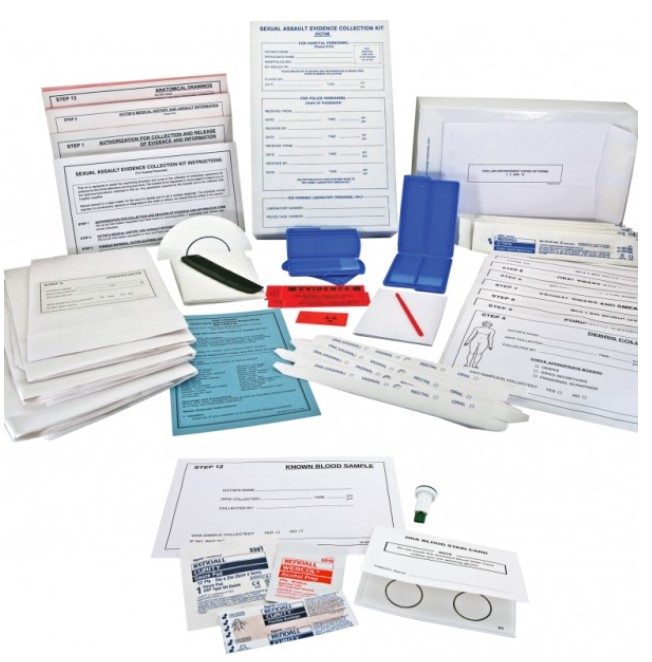
The SAEK keeps any DNA evidence. That evidence can be used to help to prosecute and convict an assailant. It can also be used to confirm a survivor’s experience, which can help them begin to heal.
Staff and doctors will always support a survivor’s decision about whether to complete the SAEK.
The hospital only gives an SAEK to the police if the survivor wants us to do so. We will keep the SAEK for six months to give them time to make that decision.
We are always here for those who need us.

Support patient care and research at
The Ottawa Hospital
You might also like…
From survivor to supporter: Peer volunteers bring hope to patients recovering from stroke
Drawing on their own lived experiences as stroke survivors or caregivers, volunteers with March of Dimes Canada’s After Stroke Hospital Peer Connections program offer emotional support to those just beginning their recovery journey. Discover the difference they’re making and learn about how you can request support for a loved one — or become a beacon of hope yourself.
Sign language interpretation services at The Ottawa Hospital: 5 FAQs
Do you require a sign language interpreter when you come to The Ottawa Hospital? For patients who are Deaf or hard of hearing, we provide both American Sign Language (ASL) and Langue des Signes Québécoise (LSQ) interpretation services at no cost. Before your next appointment with us, find out everything you need to know.
February is Black History Month
Five members of The Ottawa Hospital’s Black community reflect on what this month means to them, their heritage and the importance of building a truly equitable health care system.
The place to be: The Ottawa Hospital recognized as one of Canada’s most admired corporate cultures
The Ottawa Hospital (TOH) has been named one of Canada’s most admired corporate cultures. Guided by compassion and commitment to patient care, TOH has developed a workplace culture that inspires confidence and trust in our employees, patients and family members.
2SLGBTQIA+ care at The Ottawa Hospital: A helpful guide
The Ottawa Hospital offers an array of services and resources to help meet the specific care needs of the 2SLGBTQIA+ community — including a provincial-first gender-affirming surgery clinic, a 24/7 care program for survivors of sexual assault and intimate partner violence, and a specialty clinic for medically complex patients seeking help on their transition journeys.
“It’s about giving them hope and purpose”: Ottawa Inner City Health’s Block Leaders program marks one year serving the community
Seven days a week, Block Leaders head out into the ByWard Market to help fellow members of their community who are unhoused or use drugs. They provide support to people in distress, respond to overdoses and even clean their neighbourhood — all with the goal of creating a safer and healthier community for everyone.


 To reset, hold the Ctrl key, then press 0.
To reset, hold the Ctrl key, then press 0.
